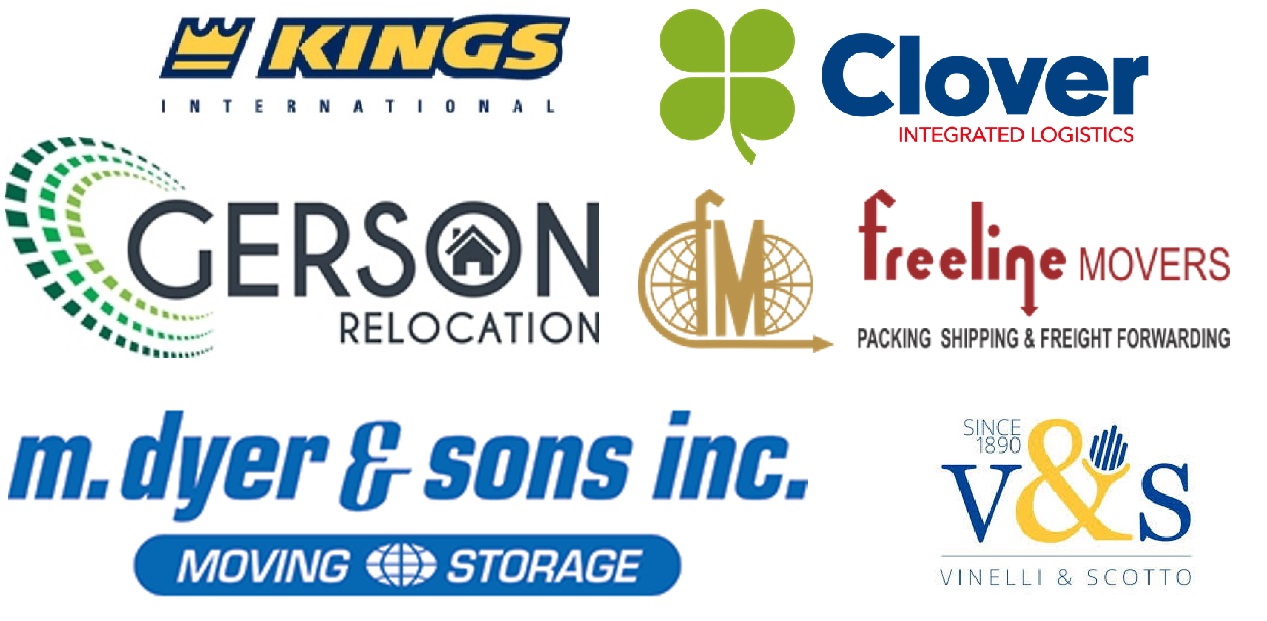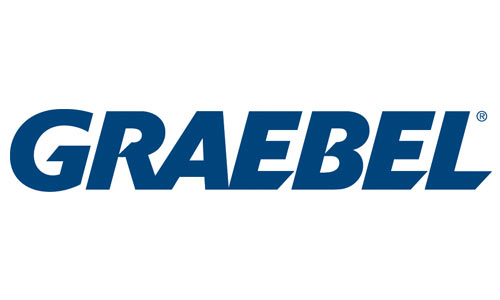
The SCHUNCK GROUP, one of the leading industrial insurance brokers in Germany, celebrated its centenary on 19 June 2019 and launched a new promotional campaign.
SCHUNCK. Make it easy
SCHUNCK. ‘Make it easy’ was conceived together with communications agency Cyrano as part of a brand development. The campaign targets both internal and external target groups and communicates the maxim of the SCHUNCK GROUP ‘We make the complex insurance business understandable for customers and their world easier’.








